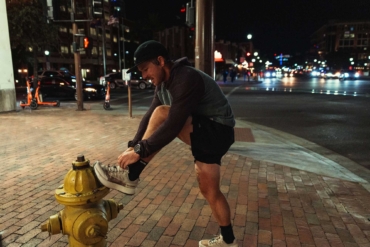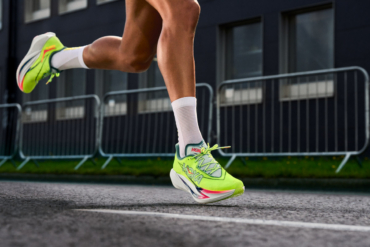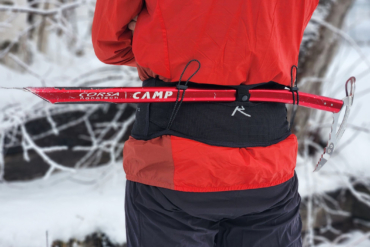The Filipino national team dusted the field at the inaugural Altitude OCR (obstacle course racing) World Championships at Africa’s Mount Kilimanjaro. Its athletes took gold and silver in both men’s and women’s categories. What’s next? The Olympics, they hope.
In the Philippines, Spartan Racing is the real deal. Multiple teams routinely vie to be the best in the world at OCR and advocate to make it an Olympic sport.
So it comes as no surprise that Filipino athletes dominated at the first Altitude OCR World Championships, which took place from Sept. 12 to 21.
Running for the POSF (Pilipino Obstacle Sports Federation) National Team, Sandi Abahan and Seannah Gutang took gold and silver on the women’s side. Elias Tabac and Tolitz Divina did the same thing in the men’s race.
The POSF team comprises dozens of athletes in multiple age categories across active racing and developmental teams.
In the sport and the team, Tabac is something of a rising star. He’s only been with the group since July, when he won a qualifying event in Manila. Before that, he was primarily an ultrarunner — from 2017 to 2019, he won multiple races across the Philippines, Indonesia, and China.
At the Altitude OCR Worlds, he would need both ultrarunning and OCR prowess. The course description oozes brutality. Here’s the process, as specified by the event organizer:
- Mandatory multi-stage altitude acclimation to Uhuru Peak, elevation 19,340 feet
- Descent into the Mt. Kilamanjaro caldera, elevation 18,864 feet
- 100m obstacle course inside the crater
- Refuel at Barafu Camp, elevation 15,091 feet
- 2-day, 2-stage speed descent from Barafu camp to Mweka gate (our calculations: 8 miles, 9,950 feet of elevation loss)
The descent from Uhuru Peak to Mweka gate covers five climate zones. To qualify for the ranking, runners would have to finish each stage, then the number of obstacles completed and elapsed time determine the outcomes.

Philippine news outlet SunStar reported Tabac finished the 100m obstacle course, which included crawling, carrying, climbing, hanging, jumping, and balancing obstacles, in 1:15.
Assuming that’s 1 minute, 15 seconds (which seems safe but mindblowing), it’s a blistering mark.
The Philippines Advocates for Spartan Racing Worldwide
POSF makes its goals explicit; the organization exists, first and foremost, to promote and lead obstacle sports in the Philippines and among Filipinos. With events like the race at Mt. Kilimanjaro, though, it broadens its reach.
Soon, it hopes to take its athletes to the world’s biggest sports stage. Advocating for inclusion in the Olympics is another of its main goals.
It’s also not the only show in town. POSF also helped create Spartan Philippines, a private venture that consolidates even more Spartan runners with solid resumes.
OCR is an official sport in the Southeast Asian Games, and the team carried home serious hardware from the 2019 event.
“The Spartan Pro Team was made to showcase that there are serious athletes who travel to compete all over the world, nearly every weekend,” Marc Celis, Spartan Philippines general manager, told The Philippine Star.
“It furthers our dream to see OCR in the Olympics in the coming years.”







